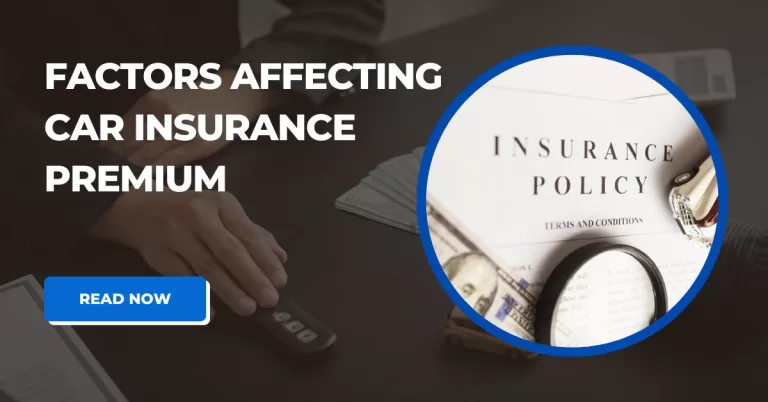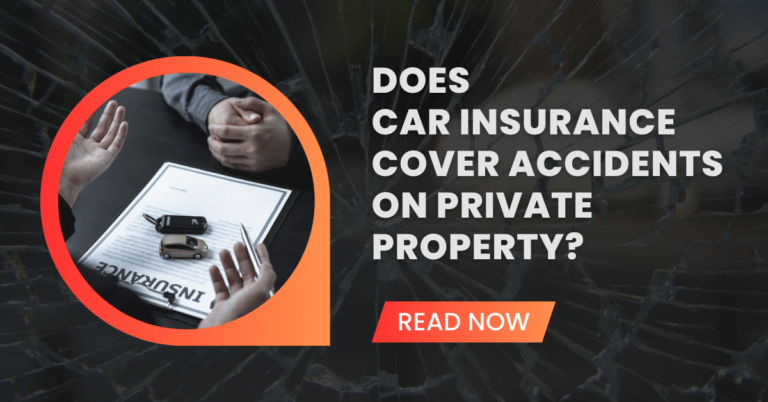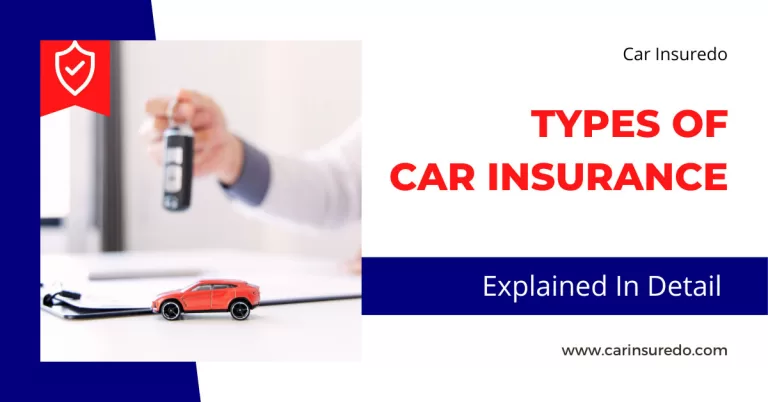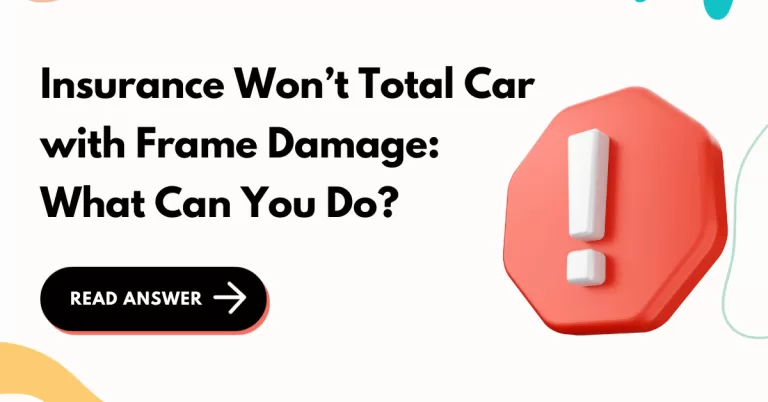Who gets the insurance check when a car is totaled?
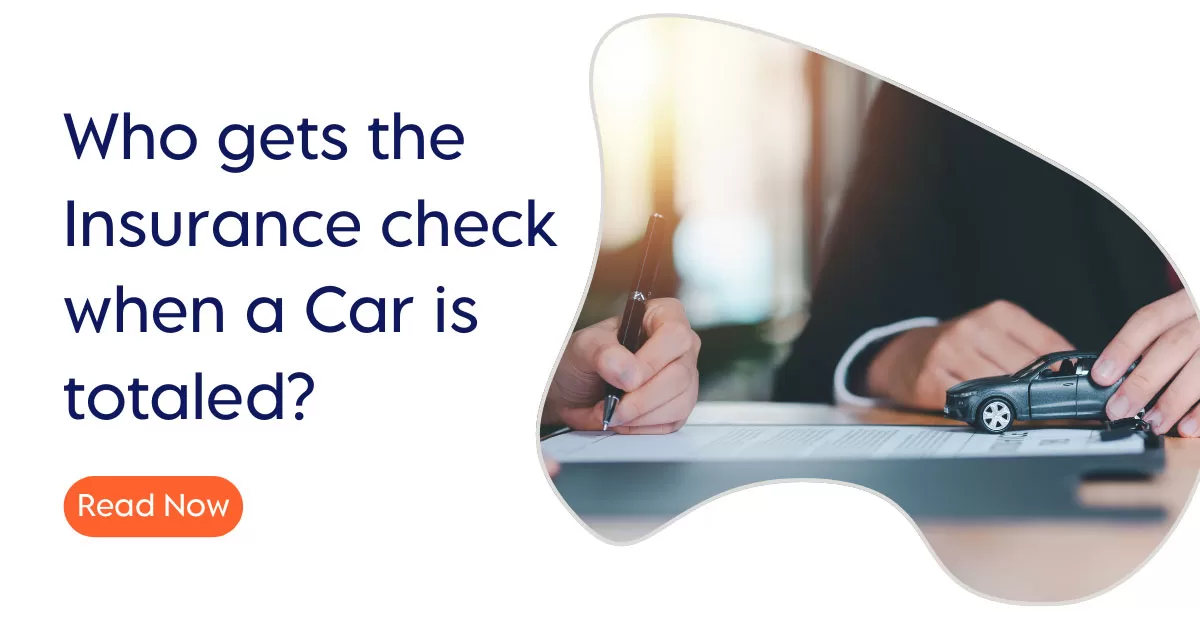
Hitting a bump in the road can be more than just a physical experience – it can also mean dealing with totaled cars and insurance claims. Understanding who gets the check after a total loss can be confusing, especially with different scenarios and varying policies.
This guide will equip you with the knowledge you need to navigate this situation confidently.
Table of Contents
When is a Car Considered “Totaled” by Insurance?
An insurance company declares a car “totaled” when the cost of repairs exceeds its actual cash value (ACV). The ACV is what your car would be worth on the used market before the accident. Typically, if the repair costs reach 70-80% of the ACV, the car is considered totaled.
Who Gets the Check? It Depends…
The recipient of the insurance check depends on whether you own the car outright or have it financed or leased.
Scenario 1: You Own the Car Outright
Congratulations, you’re the lucky owner and the check is all yours! However, there are still some steps to follow:
- Deduct the deductible: Your policy comes with a deductible, the amount you pay upfront before insurance kicks in. The deductible amount will be deducted from the ACV check.
- Transfer the title: Once you receive the check and accept the settlement, you’ll need to transfer the title of the totaled car to the insurance company.
- Consider additional coverage: If you had gap insurance, it might cover the difference between the ACV and what you still owe on the car (more on that later).
Scenario 2: You Have a Car Loan
In this case, the insurance company will make the check payable to both you and your lender. This ensures the loan is paid off first.
- Lender gets paid first: The insurance company will send the check directly to your lender to settle the loan amount.
- Remaining balance: If the ACV exceeds the loan amount, you’ll receive the remaining balance after the loan is paid off.
- Gap insurance: If you had gap insurance, it can cover the difference between the ACV and the remaining loan balance, preventing you from being “underwater” on the car loan.
Scenario 3: You Have a Lease
Leasing involves a different ownership structure, so the process varies slightly.
- Leaseholder gets paid: The insurance company will send the check to the leasing company to cover the car’s value.
- Excess wear and tear: You might be responsible for any excess wear and tear on the car beyond normal usage, as outlined in your lease agreement.
- Lease termination: The lease agreement will determine your options for ending the lease early after the car is totaled.
Key Points to Remember
Additional Tips
By understanding the nuances of who gets the insurance check when a car is totaled, you can navigate this challenging situation with more clarity and confidence. Remember, open communication with your insurance company, lender, and any relevant parties is key to a smooth and successful resolution.
Beyond the Basics: Additional Considerations for a Smooth Process
While understanding the general flow of who receives the insurance check after a totaled car is crucial, there are several additional factors to consider for a smoother and more informed experience:
Pre-Accident Preparation
Post-Accident Actions
Negotiate the settlement: Review the insurance company’s settlement offer carefully. If you believe it’s unfair, negotiate for a higher payout based on supporting evidence and market value comparisons. Be prepared to back up your arguments.
Beyond the Check
- Understand salvage rights: Depending on your state laws and policy details, you might have the right to purchase the salvage of your totaled car from the insurance company. This could be beneficial if you want to repair the car yourself or sell it for parts.
- Consider future needs: Use the insurance payout to purchase a new or used car. Remember to factor in additional costs like registration, taxes, and potential insurance premium changes.
- Learn from the experience: Review what happened and identify any safety measures you can take to prevent future accidents. This could involve defensive driving courses, vehicle upgrades, or adjusting your driving habits.
Remember: Navigating a totaled car situation can be stressful. By staying informed, taking proactive steps, and seeking help when needed, you can ensure a smoother process and protect your financial interests.


